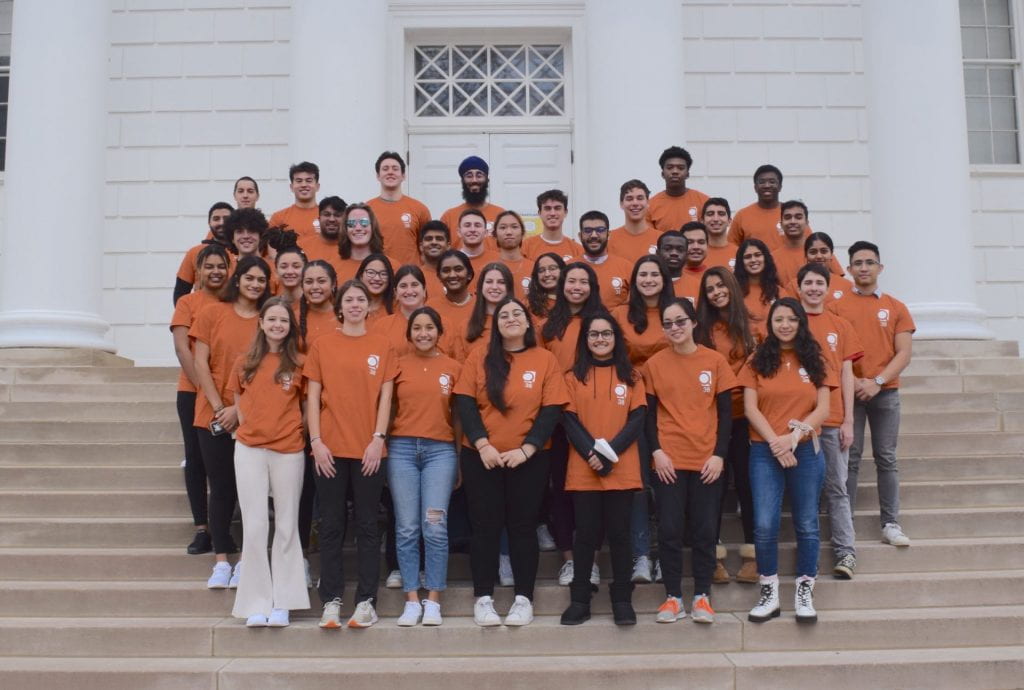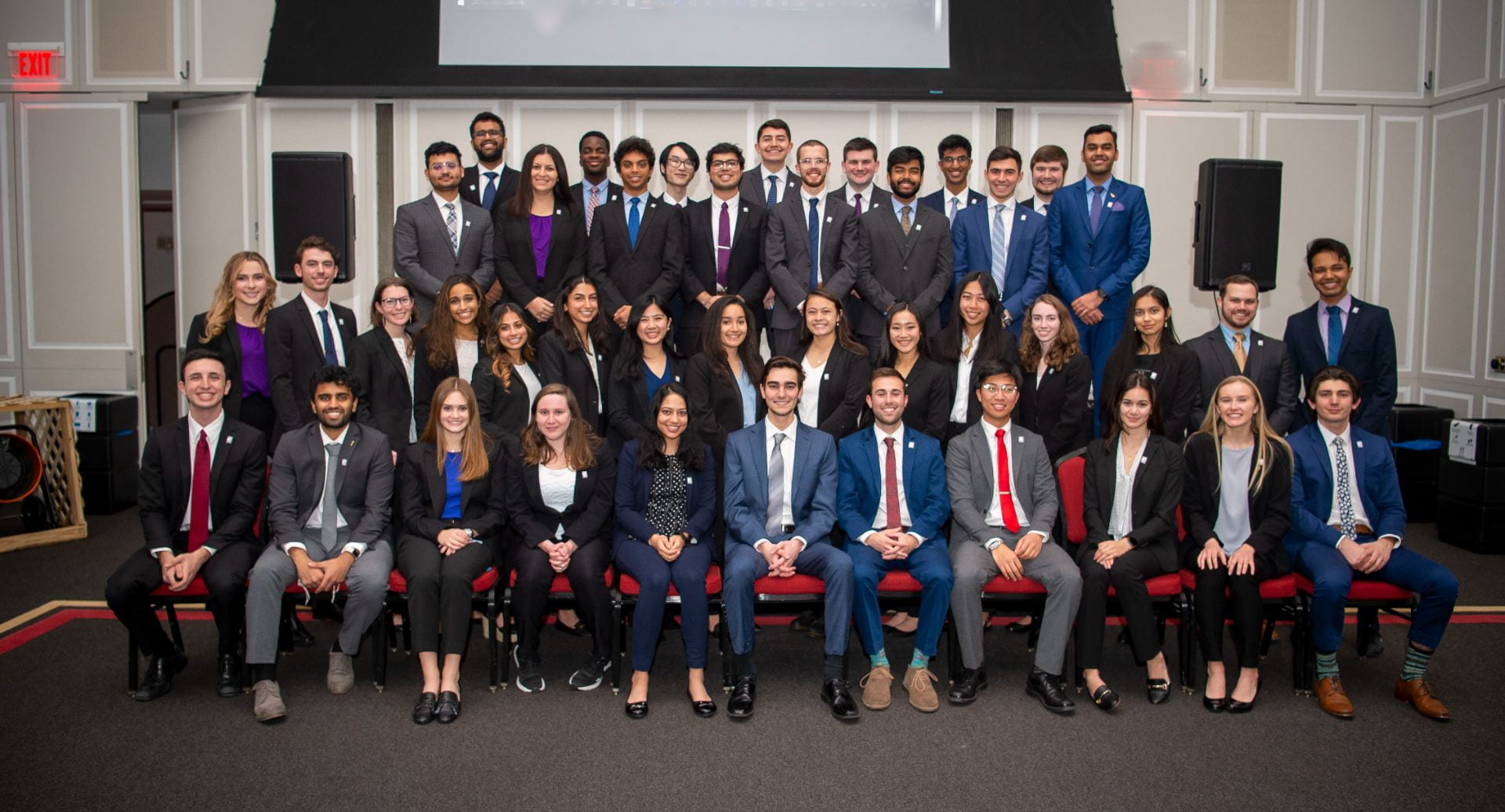After nearly two years of virtual classes, team meetings, presentations, and posters sessions, QUESTees were thrilled to be back in person this semester. I polled a few QUESTees with the question: “What was YOUR favorite QUEST moment of the semester?” Stories ranged from QUEST Camp memories to the recent BMGT 490H Conference. Read students’ favorite QUEST memories from the semester below!
“Early this semester, QUEST Recruiting had a little Chipotle hang out for us to get to (finally!) see each other in person. It was definitely one of my favorite QUEST moments because I had been working on Zoom with these people for a year and was super excited to finally get to hang out with them in person and overall just have a good time!” – Ishaan Kapur, Cohort 36
“My favorite QUEST memory of the semester was going to the Firefly Music Festival with 6 other members of Q34! We rented a big campsite and spent the weekend seeing a bunch of our favorite artists. It was so much fun spending time outside of the QUEST curriculum, especially because I had the opportunity to bond with 2 other members of my BMGT 490H team” – Kevin Senkus, Cohort 34

Cohort 37 at QUEST Camp
“I really enjoyed getting to bond with my BMGT 190H team during QUEST camp. I remember we did an activity where we wrote our goals on pieces of paper and threw them across a field. We had to find creative ways to carry our teammates across the field to help them pick up their goals, and I think this really brought us together and helped us build a strong friendship within the team!” – Meghana Padmanabhan, Cohort 37
“Early in the semester, I was in the QUEST Lab between classes, and I noticed some Q36 students struggling on a homework for the data class. Since I was the previous TA for the class, I was able to help them out and answer their questions which was super rewarding!” – Amod Mathur, Cohort 33

Former BMGT 190H Group “OktoberQUEST,” now 490H Students, Reunited with Mentor Gina Wingate at the QUEST Conference
“My favorite QUEST moment from this semester was during the QUEST conference when my BMGT 190H mentor, Gina Wingate, came back to see us give our capstone presentations. It was particularly rewarding because most of my BMGT 490H team was also on my 190H team, so she could see how we’ve grown through the QUEST program between our rough Circular Design projects and now with our capstones. After she saw all of her mentees present, she gave us homemade gifts with our 190H team name on it. Overall, it was so rewarding to see her and reflect on how much she helped me over the years whether she knew it or not.” – Advaith Bantval, Cohort 34
“I loved presenting our first BMGT 190H presentations. It was rewarding to present what we had put so much hard work into and getting dressed in a suit is always fun :)” – Sami Bouhussein, Cohort 37
“One of my favorite QUEST memories from the semester actually happened about a month before the semester began. About 10 members of Q34 came and spent the weekend at my lake house! We definitely had a lot of cohort bonding swimming, kayaking and boating with lots of water gun fights in between. For sure a weekend of QUEST that I will never forget!” – Jessica Yeager, Cohort 34
“It has been amazing to come back to school and learn alongside all my mentors, friends, and role models. I am so grateful for the QUEST community.” – Aaliya Hussain, Cohort 35

Kayla with fellow QUESTees!
“I have two favorite QUEST moments. The first was experiencing my first QUEST Conference in person. It was a really amazing experience because I was able to see how all of the QUEST classes came together for the BMGT 490H presentations. I also really enjoyed getting to meet all of the other cohorts of QUEST at the conference. My second favorite memory was the many different relationship-building moments that I’ve had related to QUESTees in my life. I live with two QUESTees, and it was always fun to come back to my place to debrief what I learned in class. I also really enjoyed meeting and mentoring my QUEST little who I share a lot in common with!” – Kayla Malone, Cohort 36
What was your favorite QUEST moment of the semester? Let us know in the comments. The staff at QUESTPress hopes everyone had an enjoyable semester and wishes you all good luck on finals!










